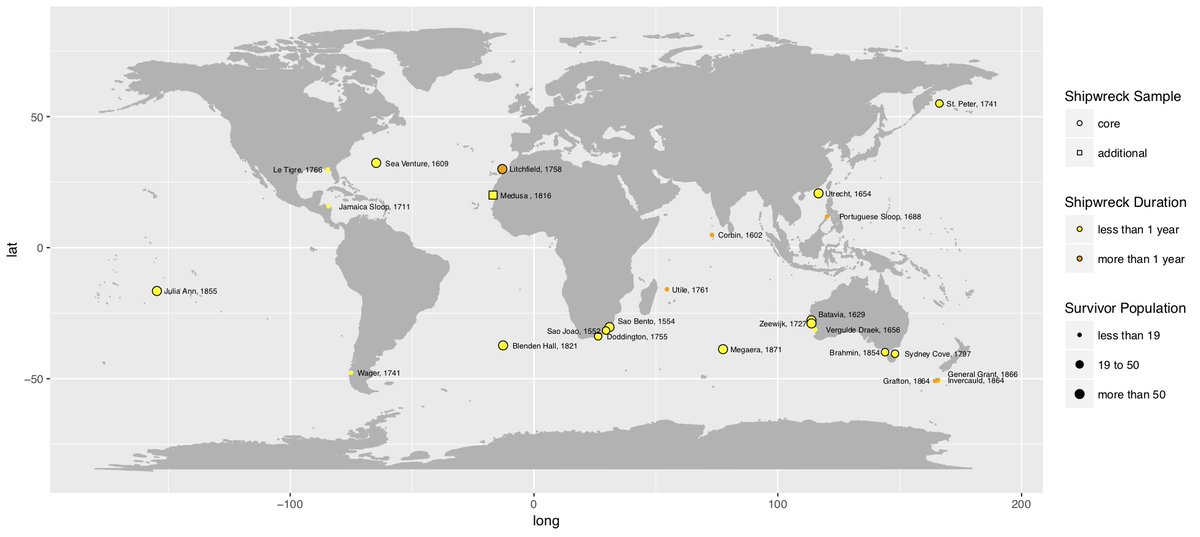
Europe is having a 500 year drought. bbc.com/news/world-eur…
This may result in us seeing warnings from our ancestors long ago, in a particular manifestation of cultural transmission that has always amazed me. #BLUEPRINTbook 1/
This may result in us seeing warnings from our ancestors long ago, in a particular manifestation of cultural transmission that has always amazed me. #BLUEPRINTbook 1/
In #BLUEPRINTbook (amazon.com/Blueprint-Evol…), I talk about very old warnings regarding low-water marks in European rivers. For instance, the Elbe is dotted with “hunger stones” commemorating old droughts, with inscriptions like IF YOU SEE ME, WEEP, going back 500 years. 2/
These hunger stones written on rocks deep in rivers by our ancestors -- both to commemorate their own suffering and to warn us -- are sure to be visible again given conditions in Europe today. There is so little water. 3/
The transmission of warnings, via myths or inscriptions, regarding major natural disasters (such as droughts or pandemics!) that occur much less frequently than a single lifespan is a very important aspect of "cumulative culture" that is distinctively possible in our species. 4/
Another example: the northeast coast of Japan is dotted with "tsunami stones," which are large flat rocks, some 10 feet tall, with inscribed warnings about where to build villages so as to avoid tsunamis that can kill tens of thousands of people. 5/ 

In Aneyoshi village in Japan, a stone was erected a century ago with the warning DO NOT BUILD YOUR HOMES BELOW THIS POINT! When a tsunami struck in 2011, killing 29,000 people, the water stopped just 100 meters below the stone, having totally destroyed everything in its path. 6/
The people in all eleven households built above the marker placed by their ancestors 100 year ago: they all survived. They learned from others long since dead. amazon.com/Blueprint-Evol… #BLUEPRINTbook 7/
Regarding the tsunami stone inter-generational warnings, see also: smithsonianmag.com/smart-news/cen… 8/
The transmission of warnings about pandemics that occur beyond memory of a single lifespan is also part of "cumulative culture."
As noted in #ApollosArrow (amazon.com/Apollos-Arrow-…), our ancestors tried to tell us, in literature and religion, about the awful threat of plague. 9/
As noted in #ApollosArrow (amazon.com/Apollos-Arrow-…), our ancestors tried to tell us, in literature and religion, about the awful threat of plague. 9/
Here is the very opening act of one of the oldest works of literature we have, The Iliad, from more than 3,000 years ago. Our ancestors feared plagues, and they tried to tell us about them. #ApollosArrow 10/ 

• • •
Missing some Tweet in this thread? You can try to
force a refresh






